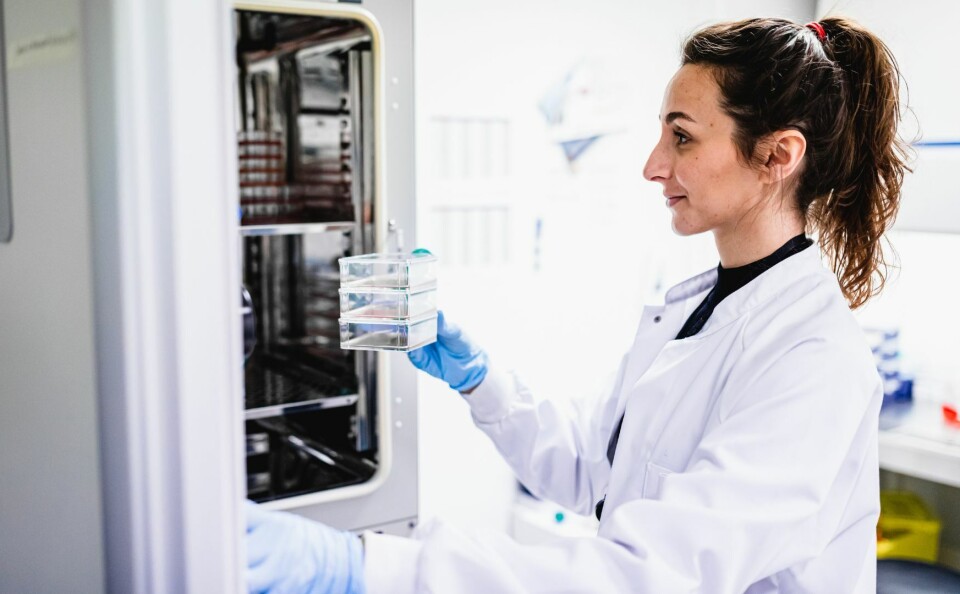-
Scam calls in France more than double in a year
Complaints about unsolicited calls are second only to those about fibre optic internet
-
‘Medical deserts’ major issue in upcoming local elections in France
Access to healthcare is now a more pressing concern than education, mayors say
-
‘Digital ID’ to be accepted at French airports this summer
Users of the France Identité app will be able to board certain flights using ID on smartphone
Cancer researchers in France optimistic over antibody tests
The antibody is believed to block a protein in cancer cells and could make chemotherapy more effective

Researchers in France are testing an antibody believed to inhibit tumour growth and reduce a cancer’s resistance to conventional treatments.
Metastases (where cells from the original tumour break away and form secondary tumours elsewhere) and resistance to chemotherapy are the main causes of treatment failure and mortality in cancer patients.
Protein should not be present in healthy adults
Studies show that this process is stimulated by a protein called Netrin-1, which helps unborn babies develop and children grow into adults but is not normally present in healthy adults.
By contrast, it is often contained in cancer cells, where it acts as a mechanism for over-producing cells, causing metastases and recurrences.
Read more: France approves new treatment against endometrial cancer
Antibody treatment could be used for all cancers
Medical researchers at Netris Pharma in Lyon, collaborating with the Lyon Cancer Research Centre, hope an antibody to target it could be effective.
Called NP137, it can be given in the form of injections.
“We have completed small-scale tests on patients and the results are very positive,” said Agnès Bernet, the professor at Lyon University in charge of the project.
“NP137 prevents cancers metastasising and makes them more sensitive to chemotherapy and immunotherapy.”
Read more: Hopes over French firm’s vaccine to treat lung cancer
She added that the process is the same in almost all cancers, so the company is optimistic that NP137 would have good results across the board.
“We have tested it successfully as a monotherapy in endometrial cancers, and we believe it will be even more effective as a complement to conventional treatments, which aim to remove the cancer by surgery and then kill off any stray cancer cells using chemotherapy, radiotherapy and, where applicable, hormone treatments.”

Photo: Agnès Bernet is the professor at Lyon University in charge of the project; Credit: Agnès Bernet
‘We do not have the funds for large-scale testing’
The hope is that treatments like chemotherapy, which can have serious side effects, can be safely given in smaller, more targeted doses when combined with NP137.
“This is a new science,” said Ms Bernet. “There is everything to discover. Some things work, others don’t, and as yet we don’t always know why.
“This is why we are looking at treatments to prevent metastases and recurrences, which cause deaths from cancer.”
The company is currently testing NP137 on patients with pancreatic and liver cancers.
“The stage of getting NP137 onto the market and available for everyone is complicated and can take a long time.
“It could be a few years before it is available. As a small biotech company, we don’t have the funds to invest in the large-scale testing required, so we are searching for a partner to help us do that,” Ms Bernet said.
In the meantime, small-scale tests continue, alongside occasional compassionate trials on patients who have exhausted all other treatment options.
Related articles
French hospitals embrace hypnosis for pain relief during treatments
French cancer hospital named fourth best in world by American magazine
























